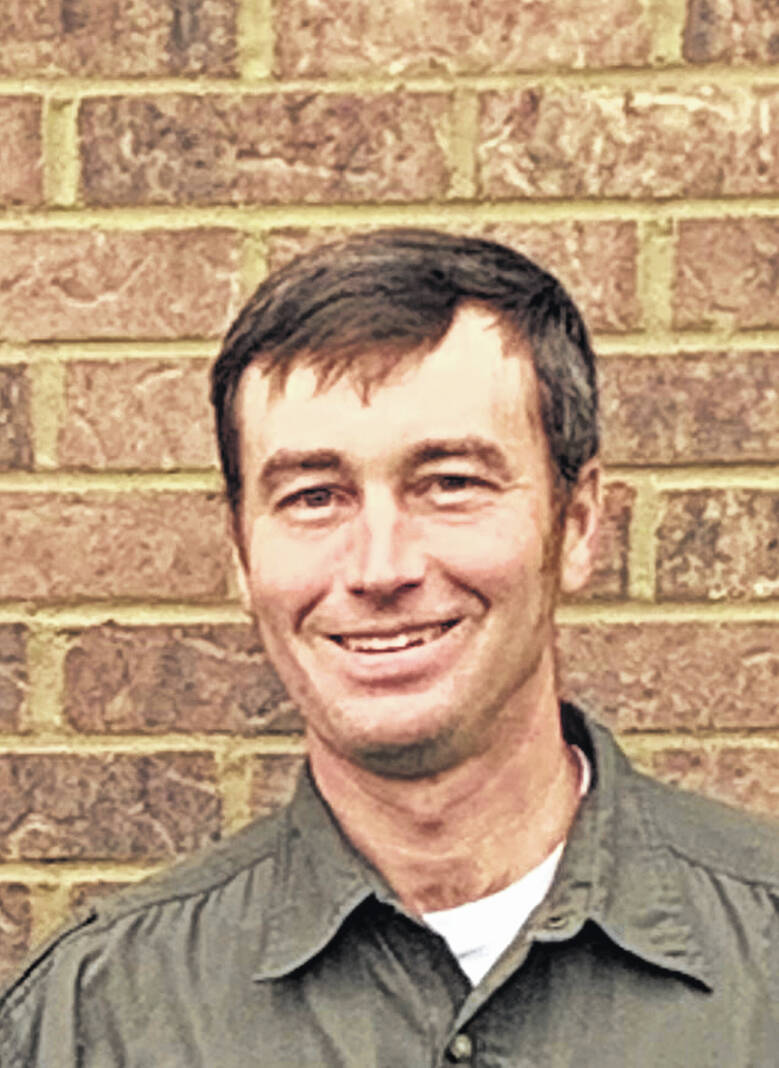
BJ Price
Last week found me in sixth-grade classrooms across Preble County talking about the mineral resources found across Ohio. I spoke on the coal, limestone, sandstone, sand and gravel, salt, and clay mined in Ohio, in addition to some other minerals found in the United States but not in Ohio.
My wife, three boys, and I have traveled across the United States and I often come back with soil and rocks from the far-flung places we have visited. It’s only natural that a part of my collection from other states would wind up in the classroom with me. On this day I had volcanic sand from Washington State, copper ore from Nevada, and some red soil from Oklahoma.
As I was wrapping up one particular program, I saved a few minutes at the end of class to field questions from the students. Of course, the students had the routine questions about what we talked about in class, but occasionally the questions stray into what else I do as part of my job or what I do outside of work. One student asked if I had ever met anyone famous in my travels. I had to think about that one. We have been to famous places all over, but I wasn’t sure if I had ever met anyone famous. The best answer I could come up with was that I had met some famous bluegrass musicians, and I proceeded to list a few of the bluegrass artists I have met. My list was not long and the students were not impressed.
That answer led to another question from a fellow in a striped shirt sitting in the middle of the classroom. He asked, “What’s bluegrass?” Earlier in class, they had been explaining to me how to define a mineral, and here I was, trying to define bluegrass to sixth graders. I don’t blame them for not knowing. I wouldn’t have known what bluegrass music was at the tender young age of 12. My answer had something to do with instruments that might include a guitar, fiddle, banjo, upright bass, dobro, or a mandolin. I’m sure they left class not knowing much more about bluegrass than when they started, and that’s okay. I went there to talk about rocks and minerals, not American music forms.
We all may be guilty of getting lost in our own lingo once in a while. In conservation engineering work, we could come up with all sorts of five-dollar explanations for why some soils erode worse than others, or the underlying features that explain why some soils naturally drain better than others. If we confuse folks using big technical words, we haven’t done our job. At the end of the day, our job is to help customers understand what’s going on and what can be done to improve their land. Enough said.
Reach BJ Price at 937-456-5159 for more information.

